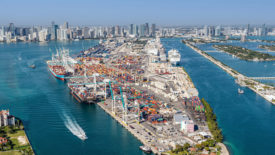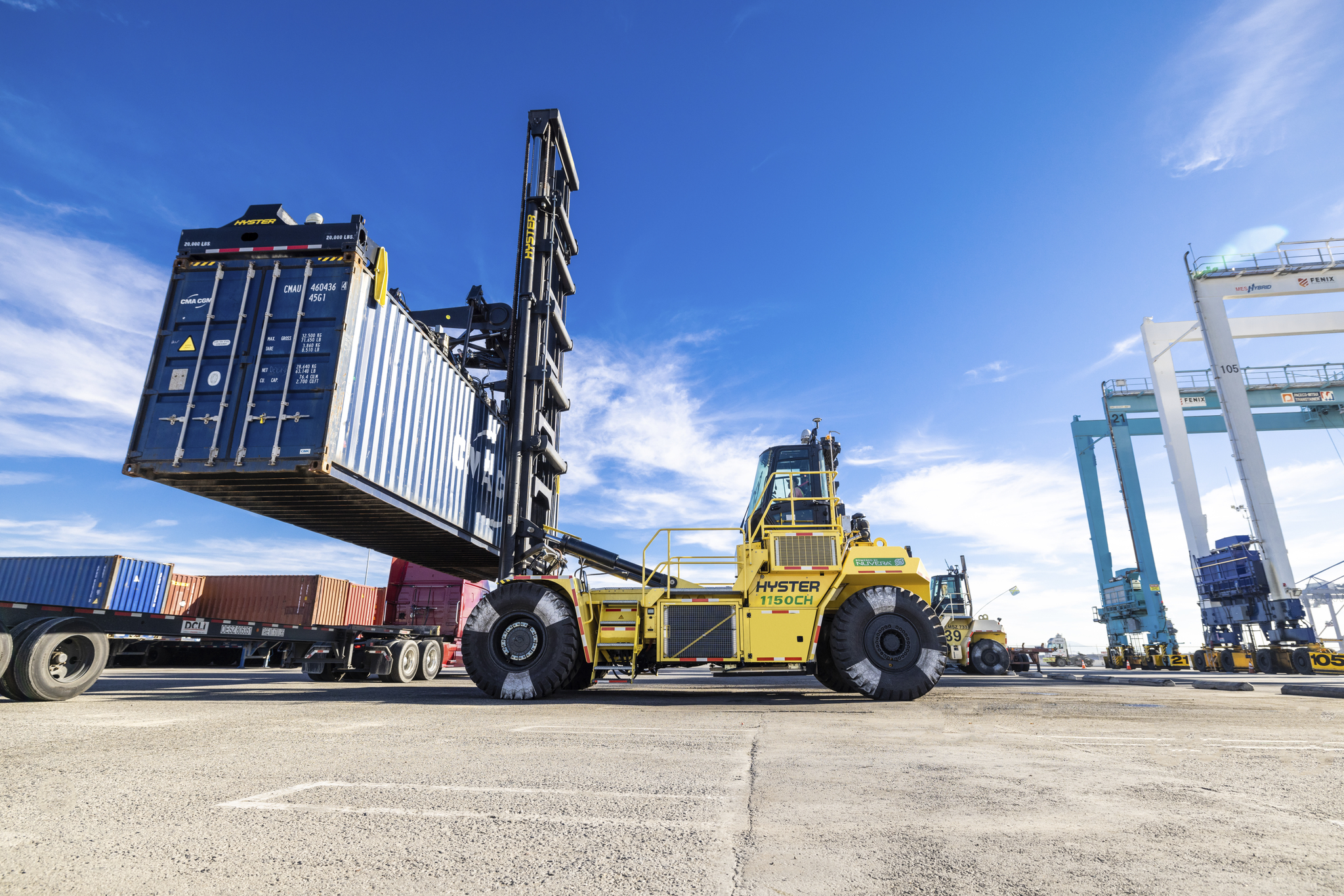Home » shipping
Articles Tagged with ''shipping''
Four Keys to Successful Cold Chain Shipping
Temperature management best practices for maximizing perishable food quality and safety.
April 22, 2024
Elevate your expertise in refrigerated and frozen foods with unparalleled insights and connections.
Get the latest industry updates tailored your way.
JOIN TODAY!Copyright ©2025. All Rights Reserved BNP Media.
Design, CMS, Hosting & Web Development :: ePublishing












